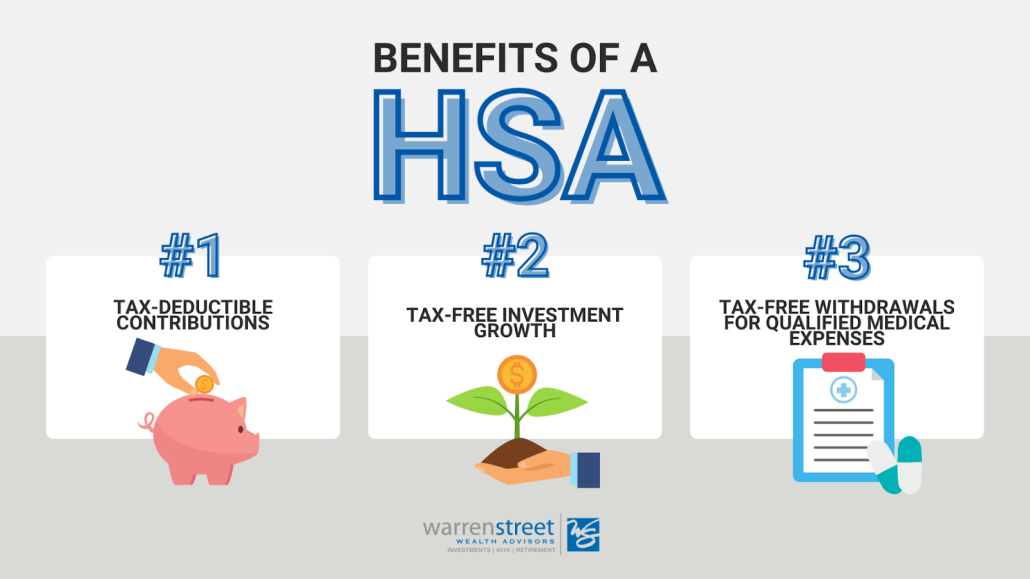What Should I Do With an Inherited IRA?
Inheritances come in all shapes and sizes, whether an heirloom left to you by a loved one or a life-changing financial windfall. Regardless of the form it takes, figuring out what to do next can be a crucial question. This is especially true with inherited IRAs, which can be very well funded, but also come with very specific and complicated rules you must follow to unlock the assets within them.
This guide will walk you through the basics of what to do. From there, we can review your personal situation together to help ensure you don’t overlook anything important.

What Kind of Beneficiary Are You?
When you inherit an IRA, the very first step is to figure out what type of beneficiary you are. Here’s why: There are three main types, and the rules around key issues like withdrawal requirements will differ depending on which type you are.
You will fall into one of the following categories:
Designated beneficiary. You are the person named as the beneficiary on the retirement account itself.
Eligible designated beneficiary. You are a designated beneficiary who is also any one of the following:
- Spouse or minor child of the account owner.
- Someone not more than 10 years younger than the account owner. (Someone whose age is equal to or greater than the age of the account owner minus 10.)
- Someone who meets the IRS’s definition of chronically ill or disabled.
Nondesignated beneficiary. You are not named as the beneficiary on the retirement account itself, but you may inherit the IRA through a will or estate.
Another important step you might have to take early: If the owner of the account you inherit was taking required minimum distributions (RMDs)—the mandatory withdrawals from tax-deferred retirement account that start when the account owner reaches age 73—you’ll need to make that withdrawal before the end of the current calendar year. If you don’t, you’ll risk triggering a 25% penalty on the amount of that distribution.
Options for Your Inherited IRA
When you inherit an IRA, you have several choices for how to handle that account.
Disclaim it: If for any reason you don’t want to accept the IRA—such as avoiding tax consequences from additional income—you can refuse it by disclaiming it. If you decide to take this route, you must disclaim within nine months of the account owner’s death. The IRA will then be passed to an alternate beneficiary or to the estate.
Take a lump-sum: You can opt to withdraw all the funds of the IRA at once. If it’s a traditional IRA, the IRS will tax the withdrawal as income, which may bump you into a higher tax bracket. If it’s a Roth IRA, the withdrawal is tax-free, but the account must be at least five years old to avoid incurring a 10% penalty.
Withdraw assets over time: If you don’t want to take a lump sum, you can keep the assets in an inherited IRA, where they can continue to grow tax deferred. This is where things get a bit more complicated depending on what type of beneficiary you are.
If you’re a designated beneficiary (but not an eligible designated beneficiary), you must empty the inherited IRA within 10 years to avoid penalties on undistributed amounts. The clock starts ticking a year after the original owner’s death. So if the original owner died in 2024, you’d have until December 31, 2034 to empty the account. Also, if the original account owner had already started taking RMDs, you’ll have to continue taking them based on your own life expectancy each year to avoid penalties. (Don’t worry about calculating your own life expectancy. The IRS does that for you through its life expectancy tables, and we can work with you to make sure you get it right.)
If you’re an eligible designated beneficiary, you generally aren’t subject to the 10-year rule. You’ll have to take RMDs, but you can calculate the amount based on your own life expectancy and hold onto the inherited IRA indefinitely. An exception to this is minor children. For them, the 10-year rule will kick in at age 21.
If you’re a nondesignated beneficiary inheriting the IRA through a will or an estate, your requirements are determined by the account owner’s age. If the account owner hadn’t reached the age where distributions were required, you must empty the account within five years. If the account owner had begun taking RMDs, you will continue to take RMDs based on the same timeline.
Transferring funds to your own IRA: If you are a surviving spouse, you have the option to roll the assets from an inherited IRA into an IRA in your own name. If the original account owner hadn’t taken an RMD for the current year, you’ll have to take that RMD on their behalf before moving the funds.
Let Us Simplify the Process for You
Inheriting an IRA, like receiving any inheritance, can feel both meaningful and overwhelming. It’s a reminder that someone cared for you, but it comes with important financial decisions.
Making the right choices around an inherited IRA can help you avoid big tax bills and penalties. But of all the things there are to know about inherited IRAs, the most important is that you don’t have to figure those choices out alone. We’re here to help you understand your options and move forward with a tax-efficient strategy that supports your financial goals.

Veronica Cabral
Wealth Advisor, Warren Street Wealth Advisors
Investment Advisor Representative, Warren Street Wealth Advisors, LLC., a Registered Investment Advisor
The information presented here represents opinions and is not meant as personal or actionable advice to any individual, corporation, or other entity. Any investments discussed carry unique risks and should be carefully considered and reviewed by you and your financial professional. Nothing in this document is a solicitation to buy or sell any securities, or an attempt to furnish personal investment advice. Warren Street Wealth Advisors may own securities referenced in this document. Due to the static nature of content, securities held may change over time and current trades may be contrary to outdated publications. Form ADV available upon request 714-876-6200.















